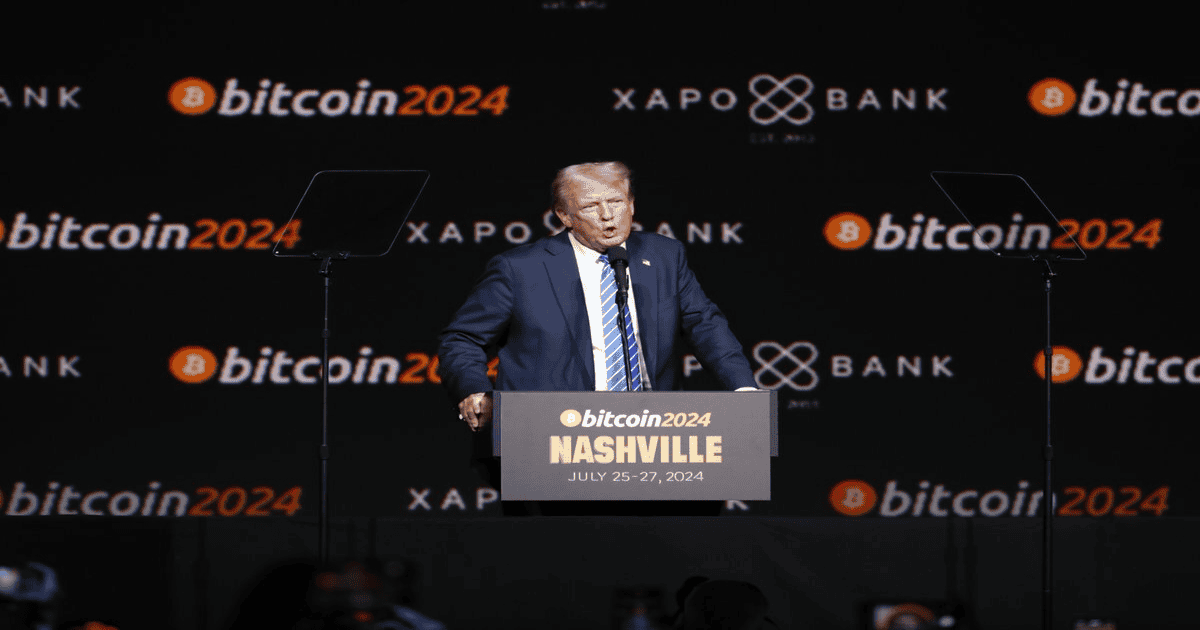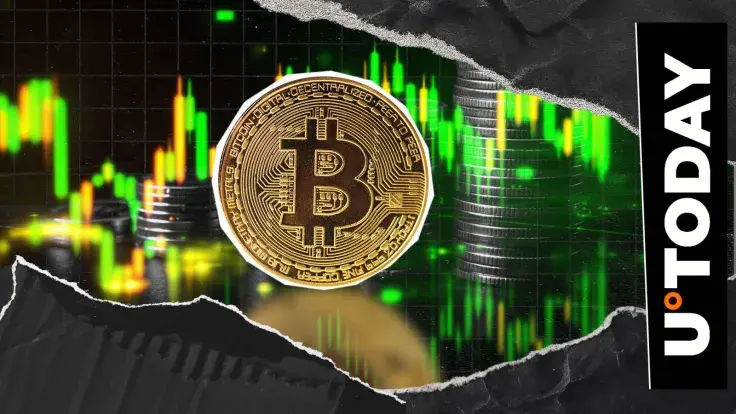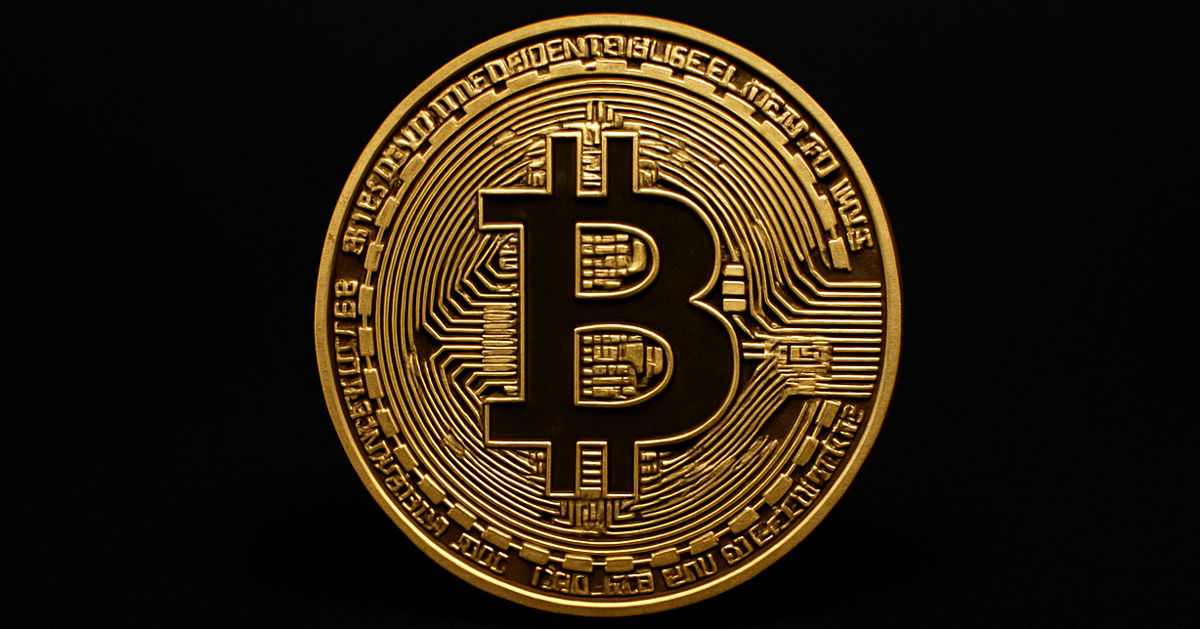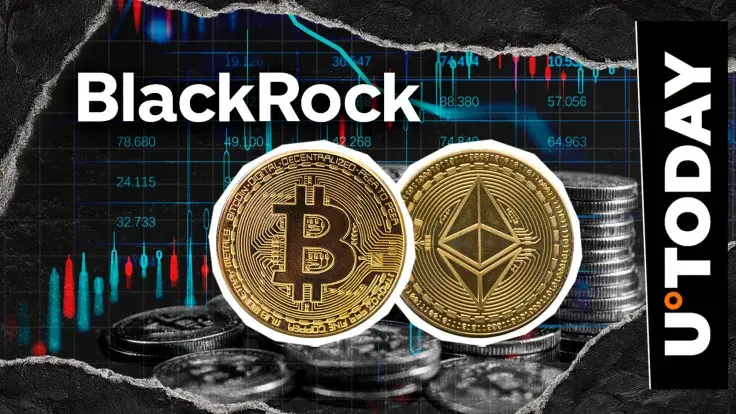Unprecedented Move: US Government Puts GDP Data on Bitcoin Blockchain

The U.S. Commerce Department has officially commenced the publication of gross domestic product (GDP) data on public blockchains, marking a significant integration of this technology into America's economic reporting. This initiative, announced on a Thursday, makes GDP data accessible on nine different networks, including prominent ones like Bitcoin, Ethereum, and Solana. This move, while not intended to replace traditional economic data releases, serves as an additional channel for data distribution, as confirmed by Commerce officials.
The decision holds considerable symbolic importance, signaling the government's endorsement of blockchain technology, which had historically been met with skepticism in Washington. Mike Cahill, CEO of Douro Labs, who has collaborated with the Commerce Department on this project for the past two months, highlighted the shift, stating that government data now resides on blockchains, enabling real-time participation by market participants.
Initially, the blockchain initiative involves posting cryptographic hashes of GDP data, which function as digital fingerprints to ensure the integrity and authenticity of the information. According to Bloomberg, the Trump administration, under President Donald Trump, plans to expand this program further. Commerce Secretary Howard Lutnick, who spearheaded the project, informed President Trump that these statistics would be issued via blockchain, acknowledging Trump as the "crypto president." Lutnick has previously suggested reevaluating GDP reporting by excluding the impact of government spending.
This development represents a stark contrast to the approach of the prior administration. Under former President Joe Biden, regulators adopted a more cautious stance towards cryptocurrencies, frequently engaging in disputes with exchanges and imposing limitations on digital assets. In stark opposition, President Trump has swiftly moved to integrate Bitcoin into government policy since assuming office. His administration has established a U.S. Bitcoin reserve, amassed various digital currencies such as Ether and Solana, enacted legislation to regulate stablecoins, and appointed crypto-friendly regulators who have ceased enforcement actions against companies like Coinbase. Furthermore, the Trump family has expanded its involvement in the digital asset sector, backing ventures such as World Liberty Financial.
The increasing political influence of the cryptocurrency industry is evident, with crypto firms making substantial donations to President Trump’s reelection campaign and contributing over $133 million to super PACs supporting pro-crypto candidates in 2024. By utilizing public blockchains, the Commerce Department joins other government entities that are exploring crypto technology. The Department of Homeland Security has considered blockchain for enhancing airport passenger screening, while California's DMV has digitized car titles using crypto, as reported by Bloomberg.
As President Trump solidifies his image as the "crypto president," the adoption of blockchain for GDP distribution signifies a profound alteration in U.S. economic policy. It further solidifies Bitcoin's position as a powerful political and financial force within Washington.
Recommended Articles
Bitcoin's Fiery Resurgence: Breaches $120K, New All-Time High Looming

Bitcoin has surged, reclaiming the $120,000 level for the first time since August 14 amidst a strong "Uptober" performan...
Ripple CTO Exits, Market Shaken: XRP Faces Volatility as Leadership Shift Sparks Reactions

The crypto market enters Q4 with Bitcoin aiming for 'Uptober' gains after a strong September and Ethereum celebrating it...
Breaking: Bitcoin Price Blasts Past $118,000 Amidst US Government Shutdown

The U.S. government has officially shut down after a failure to pass a funding bill, leading to immediate federal disrup...
US Treasury Unleashes Crypto Tax Relief, Bitcoin Holders Breathe Easy

The U.S. Treasury Department has issued new guidance, exempting unrealized gains on digital asset holdings from the Corp...
BlackRock Offloads $244M in Crypto: Why the Sudden Bitcoin & Ethereum Sale?

BlackRock recently moved significant amounts of Bitcoin and Ethereum to Coinbase Prime, sparking debates over a potentia...
Eric Trump's Million-Dollar Bitcoin Prophecy: Are the Floodgates Opening?

Eric Trump, co-founder of American Bitcoin, champions cryptocurrency as the future of finance, predicting Bitcoin will h...
You may also like...
Liverpool Crisis? Reds Face Scrutiny After Consecutive Defeats

Liverpool faces scrutiny after two straight losses, with BBC Sport expert Chris Sutton highlighting their defensive vuln...
Man Utd Managerial Shake-Up Looms: Amorim Speculation Ignites Southgate Concerns

Manchester United faces a managerial dilemma as Ruben Amorim's position comes under scrutiny amidst a dire start to the ...
Bone Lake: Twisted Thriller Sparks Critical Debate on Erotic Horror

Mercedes Bryce Morgan's <em>Bone Lake</em> explores the 'sexy horror' genre, blending psychological manipulation and bla...
Country Power Couple Kane & Katelyn Brown Land Lifetime Christmas Film Deal Based on Hit Song!

Country music stars Kane and Katelyn Brown are making their debut as television executive producers for Lifetime's holid...
Mariah Carey Breaks Silence On Eminem Feud & ‘8 Mile’ Rumors!

Mariah Carey recently discussed her long-standing feud with Eminem, confirming rumors that he once asked her to play his...
Coronation Street Shocker: Beloved Star Sally Ann Matthews Bids Farewell to Soap

Coronation Street bids farewell to two prominent stars as Sally Ann Matthews makes an emotional exit as Jenny Connor aft...
Tems Shatters Records: First Nigerian Female Artist to Hit 10 Million US Units!

Tems has made history as the first female Nigerian artist to sell over 10 million units of a single in the U.S. with her...
Autumn's Hottest High Street Bags Revealed: Top Trends Starting from Just £20!

For Autumn/Winter 2025, bags transcend their functional role to become the main event in fashion, with a diverse array o...